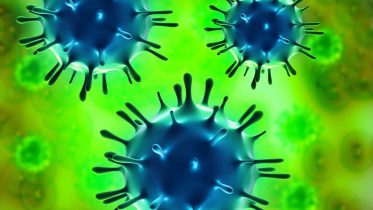
Avian Influenza
Avian influenza, known informally as avian flu, is a bird flu caused by the influenza A virus, which can infect people. It is similar to other types of animal flu in that it is caused by a virus strain that has adapted to a specific host. The type with the greatest risk is highly pathogenic avian influenza. Though influenza A is adapted to birds, it can also stably adapt and sustain person-to-person transmission. Recent influenza research into the genes of the Spanish flu virus shows it to have genes adapted from both human and avian strains. Pigs can also be infected with human, avian, and swine influenza viruses, allowing for mixtures of genes to create a new virus, which can cause an antigenic shift to a new influenza A virus subtype which most people have little to no immune protection against. Avian influenza strains are divided into two types based on their pathogenicity: high pathogenicity or low pathogenicity.
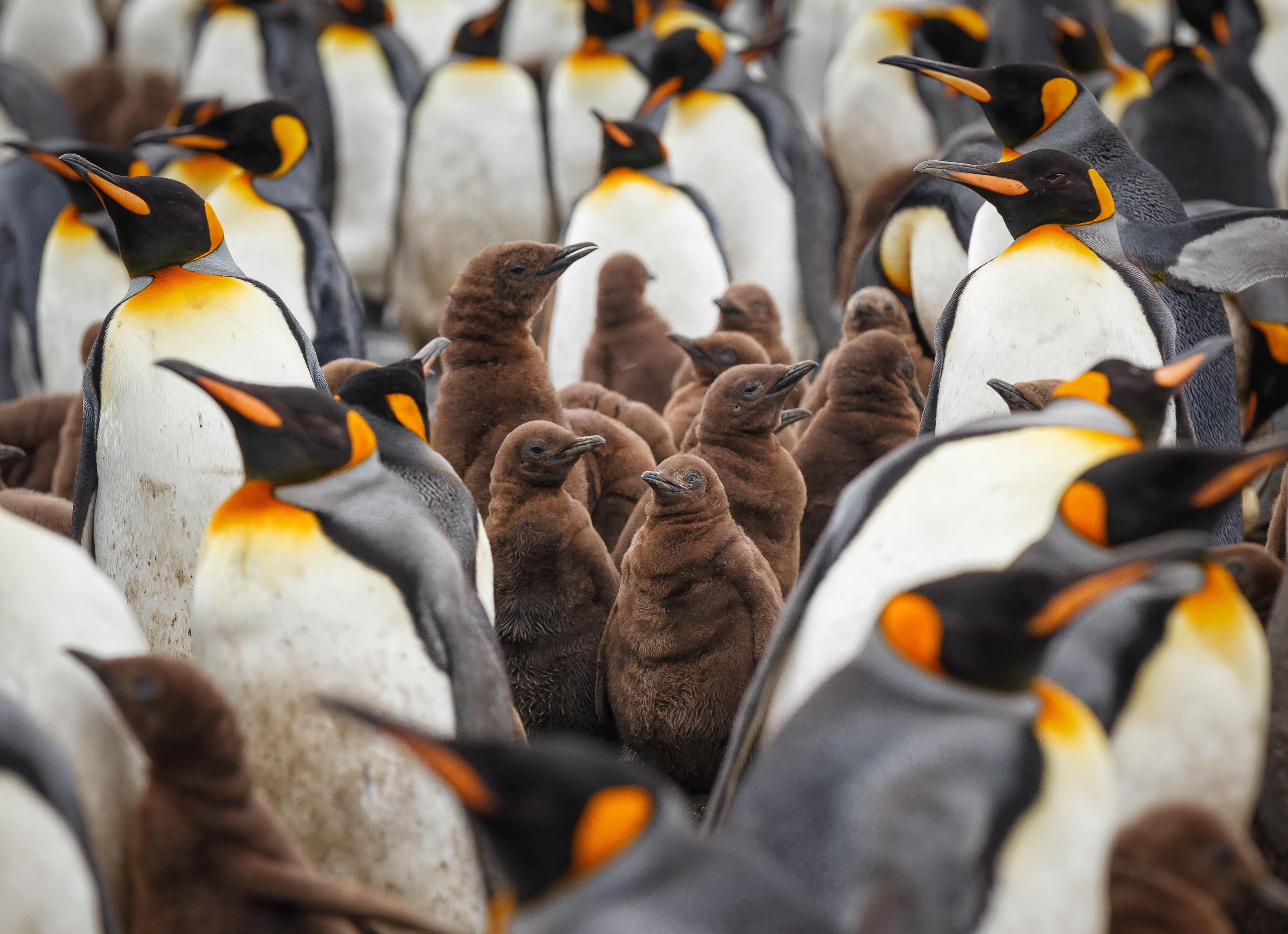
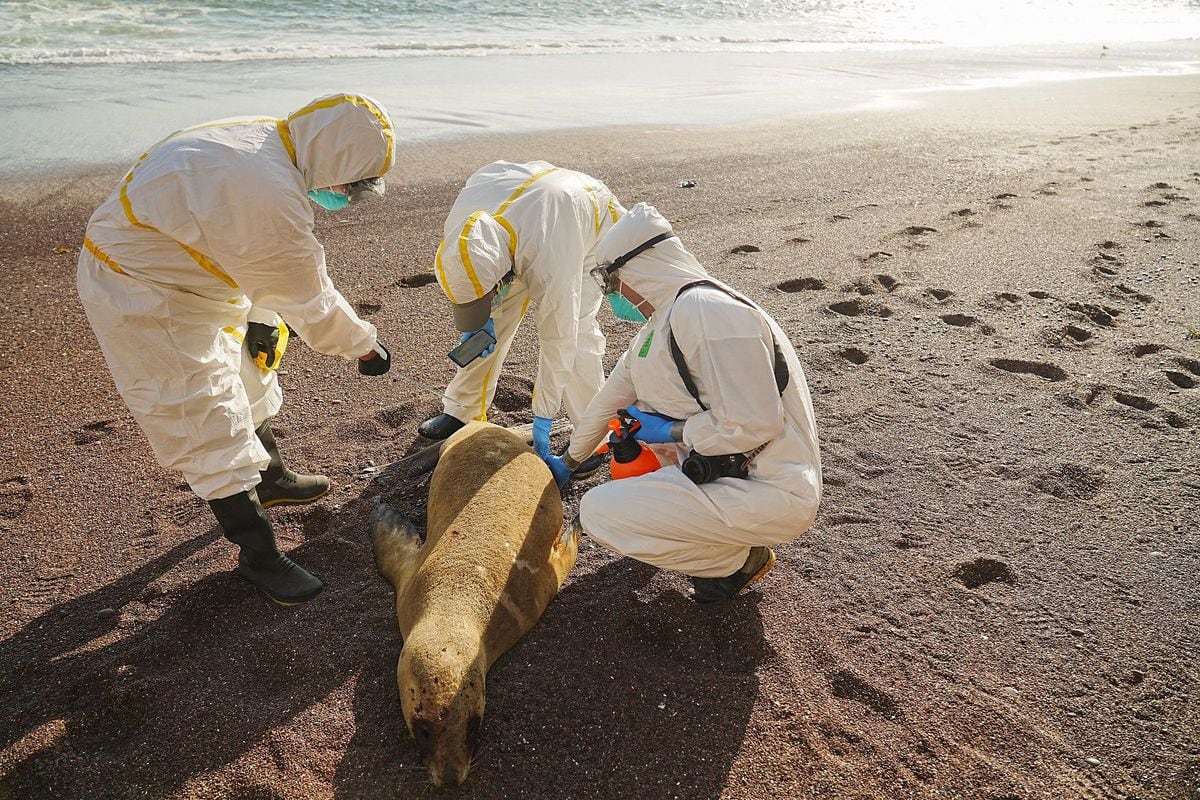

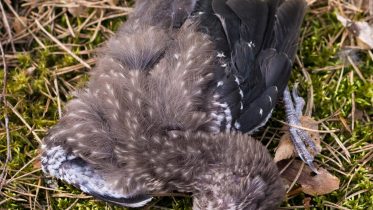
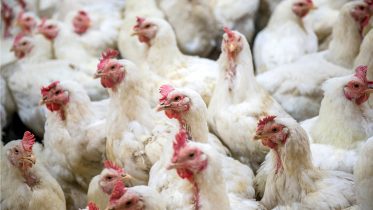



/cloudfront-us-east-1.images.arcpublishing.com/tgam/AP336IVPDRL4VFXKDQCJ3CRP7Q.jpg)


